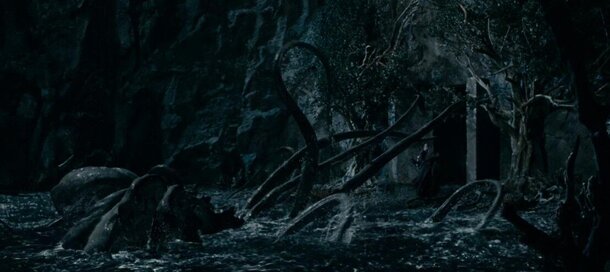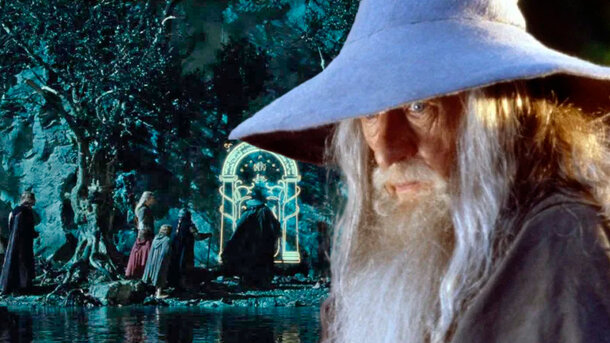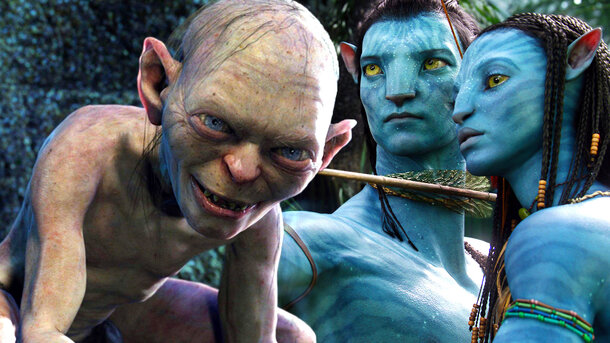If you’ve seen The Fellowship of the Ring, you’ll surely remember that iconic scene at the gates of Moria. The stillness of night, the dark surface of the water, and suddenly — splash! — someone throws a stone into the lake. Moments later, slimy tentacles erupt and chaos unfolds.
That creature isn’t just a random suspense monster. It’s the Watcher in the Water — one of the most mysterious beings in Middle-earth, about whom even Gandalf didn’t know for sure. And if he suspected anything, he preferred to stay silent.
What do we know about it?
Visually, it resembles a monstrous squid: dozens of long tentacles, clawed fingers, and — according to fan theories — a massive mouth hidden beneath the surface. The monster dwells in the lake outside the western gates of Moria. How it got there is unknown. Gandalf once hinted that it may have come through underground rivers flowing from the Misty Mountains — a vast network of deep places inhabited for centuries by nameless creatures.

The Watcher is not a servant of Sauron. It seems more like a force of nature — perhaps an ancient evil created by Melkor. Or one of those monsters forgotten by the world until it rose again from the darkness.
What role did it play in the story?
During the Fellowship’s attempt to enter Moria, the Watcher attacks Frodo and the others — and it’s clearly no accident that it targets the Ring-bearer first. Gandalf manages to open the gates in time, allowing the group to flee into the dark halls, while the Watcher destroys the entrance. There is no going back. By the way, this wasn’t its first appearance. Long before, it killed Óin the dwarf — a companion of Balin — when he tried to reclaim Moria. Which means the creature had been guarding the area for some time already.
So… what is it?
Some say it’s Tolkien’s version of the Kraken. Others believe it to be a kind of ancient water dragon. And some suggest it’s simply a predator — indifferent to good or evil, concerned only with hunger, tentacles, and the abyss. One thing is certain: Tolkien left us a mystery. And perhaps, that’s part of the magic of Middle-earth.









